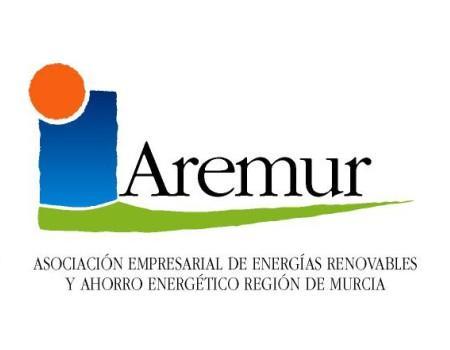




© 2023 RDS. All rights reserved. Designed and developed by delefant
In the constant search for sustainable energy sources, floating solar panels are emerging as an innovative technology that harnesses not only the power of the sun, but also the surface of the water. In this article, we will explain what floating solar panels are, the advantages they offer and why more and more people and companies are opting for this form of renewable energy.
Table of Contents
ToggleFloating solar panels are photovoltaic installations designed to float on bodies of water, such as lakes, reservoirs or ponds. These systems use conventional solar photovoltaic technology mounted on floating structures, creating a floating platform that generates electricity from solar radiation.
By placing the solar panels on the surface of the water, the use of space is optimised. This is especially beneficial in areas where soil is limited or valuable for other purposes.
The presence of the floating solar panels helps to reduce the evaporation of the water underneath them. This can be especially significant in drought-prone regions, contributing to the conservation of water resources.
The overwater position provides a cooler environment for the solar panels, which can increase their efficiency. In addition, the reflection of the sun on the water surface can contribute to improved performance.
The installation of floating solar panels has less environmental impact compared to terrestrial installations. It does not require soil disturbance or deforestation, preserving aquatic and terrestrial ecosystems.
The installation of floating solar panels minimises the environmental impact compared to land-based alternatives. In addition to conserving aquatic and terrestrial ecosystems, these panels can contribute to water conservation, reduce pollution and improve air quality by generating clean, renewable energy.
If you are contemplating the incorporation of solar panels to harness solar energy efficiently, it is crucial to have professional advice that can make a difference in the implementation of your system. At RDS Group, we specialise in photovoltaic solutions and are committed to providing the guidance you need to maximise the benefits of your solar investment.